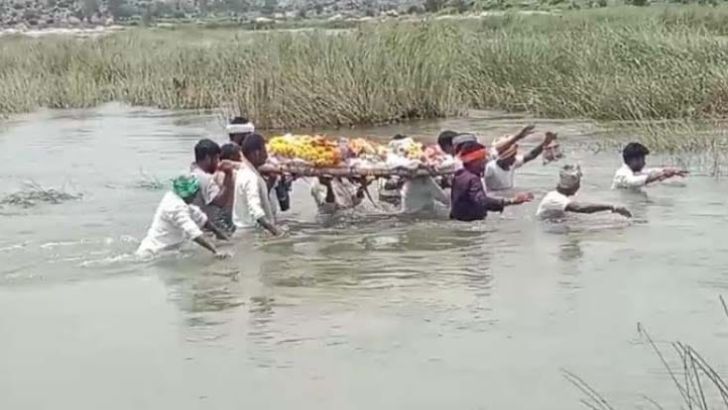The cost of the American dream: Borderless apathy
According to World Migration report conducted by UN in 2022, 17.9 million Indians born here are living abroad, making it the world’s largest diaspora.
-
Indian immigrants deported from the US
The lure of
the dollar seems to overpower the allure of the native home. According to World
Migration report conducted by UN in 2022, 17.9 million Indians born here are
living abroad, making it the world’s largest diaspora. But for the 104 Indians
who returned home shackled, their American dream broken, adversity has hit
twice. They now have to pay off a loan they took to migrate, for a job that
never was. They also have to now live with the memories of their fellow mates dying
and left behind as they made the arduous journey with little or no food.
How many
people died taking the “dunki” route? Like the epidemic that just passed, we
don’t have a count.
Why should
we keep count?
Many states
have woken up to the reality of precious human resource migrating abroad for
better money and prospects. However, Indian workers work abroad sometimes in
perilous conditions and exploitative circumstances. Some states like Tamil Nadu
and Kerala are actively encouraging their state citizens abroad to register
with their state portals to be able to seek help if necessary. Tamil Nadu
Government is offering loans to returnees to start businesses so their new
found confidence due to experience, will not go wasted. Andhra Pradesh and
Telangana are just waking up to the need to have a registry of their own with
Telugu speaking students topping the list in student visas. Maharashtra
Government through a tie up with countries like Germany is opening skill
development centres to train and send semi-skilled labourers abroad. State
Governments have realized that increased per capita income through remittances
in the state contributes to a growing economy.
However,
for those who are victims of fraud by unregistered agents, help still eludes
them. They neither have the agency nor the means to complain and seek justice.
Treating them like criminals and calling them illegal aliens only dehumanizes
and revictimises them.
What else
should Governments do?
Lack of
opportunities locally, poor quality of education and social pressure has made
some states than others a huge market for greedy agents supported by a
well-entrenched local and international network. They manage to entice them
promising a bigger dream and swindle them of huge amounts of money to migrate. Merely
a crackdown of the network is not enough. State and Central Government should
have outreach programmes to raise awareness about the perils of trusting
unauthorized agents and travelling through invalid visas. They should increase
legal migration by training workers and having more tie ups with other
countries requiring skilled and semi-skilled workforce. Having regulated -
monitored migration facilitated by the Central Government will ensure their
rights are protected even when they are abroad.
The Indian
Government should stand up for those trying to enter US illegally to be sent
back home with dignity. But there is a greater question here. It is also
answerable to its citizens as to why it is not able to provide better
opportunities here. With European countries and US increasingly tightening the
noose on immigration it has become more important for jobs to be created back
home.
Intent
without investment
At the
moment, our budgetary allocation for education and health is just approximately
at 3.35 percent of the entire budget. If the dream of a “Viksit bharat” or even
a middle income economy is to be achieved, higher investment in skill building
and increasing employability is crucial. A robust public healthcare that tells
our workforce that it supports us during testing times is essential. Increased
investment in research is needed to propel us to come up with products that can
be exported to the world. Quality education that is humane and inclusive should
be made accessible to poor students also. They will become the engine of the
country’s growth by contributing to both government and private institutions in
scientific research and economic development.
After all,
it is not enough to dream of a future but it is important to invest in
it.
The writer
is a former journalist, language tutor, life-skills counsellor and a lawyer
based in Chennai with seven years of experience in reporting issues relating to
health, education and politics, ten years of experience helping young adults
and children hone language and life skills.
Leave a Reply
Your email address will not be published. Required fields are marked *









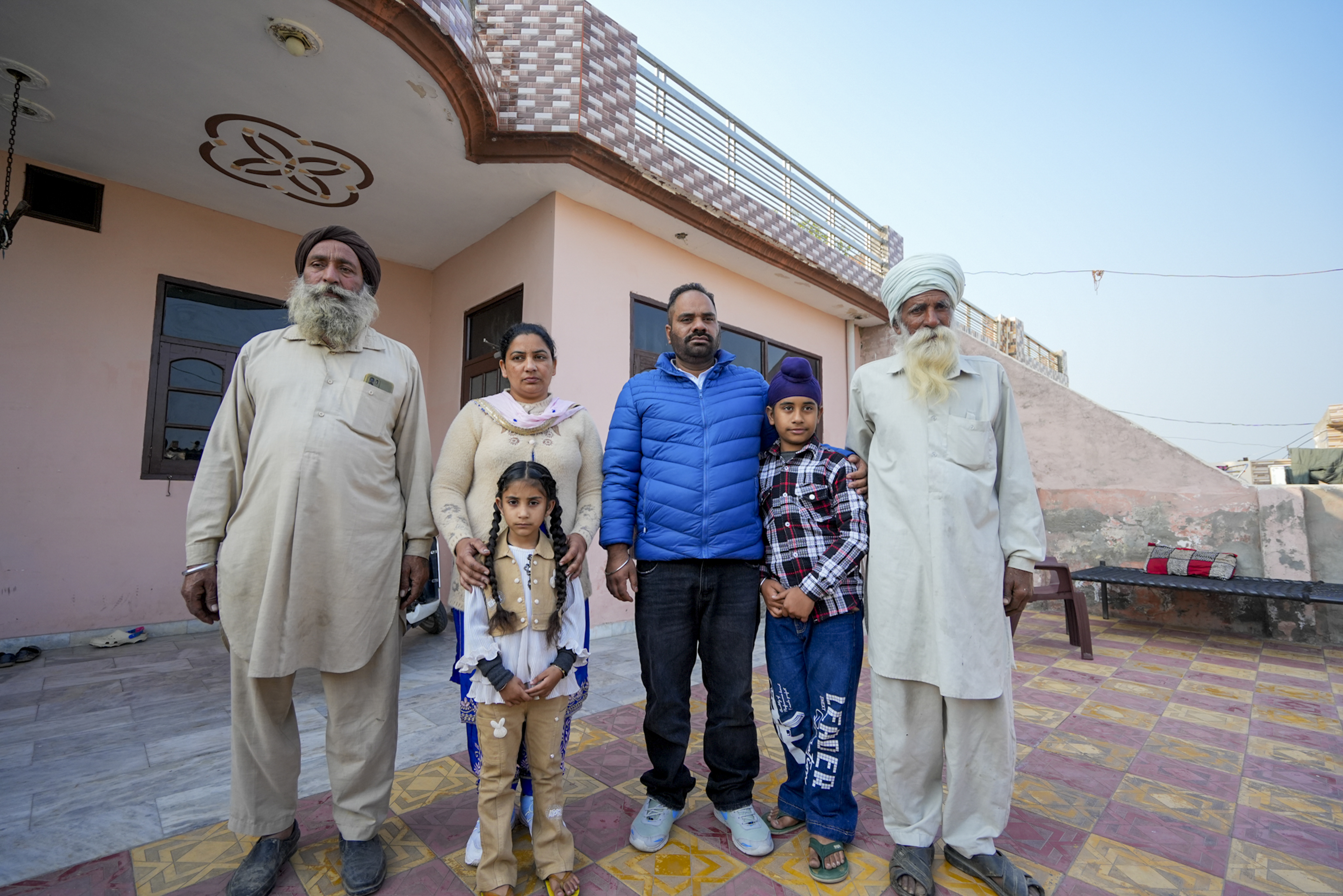

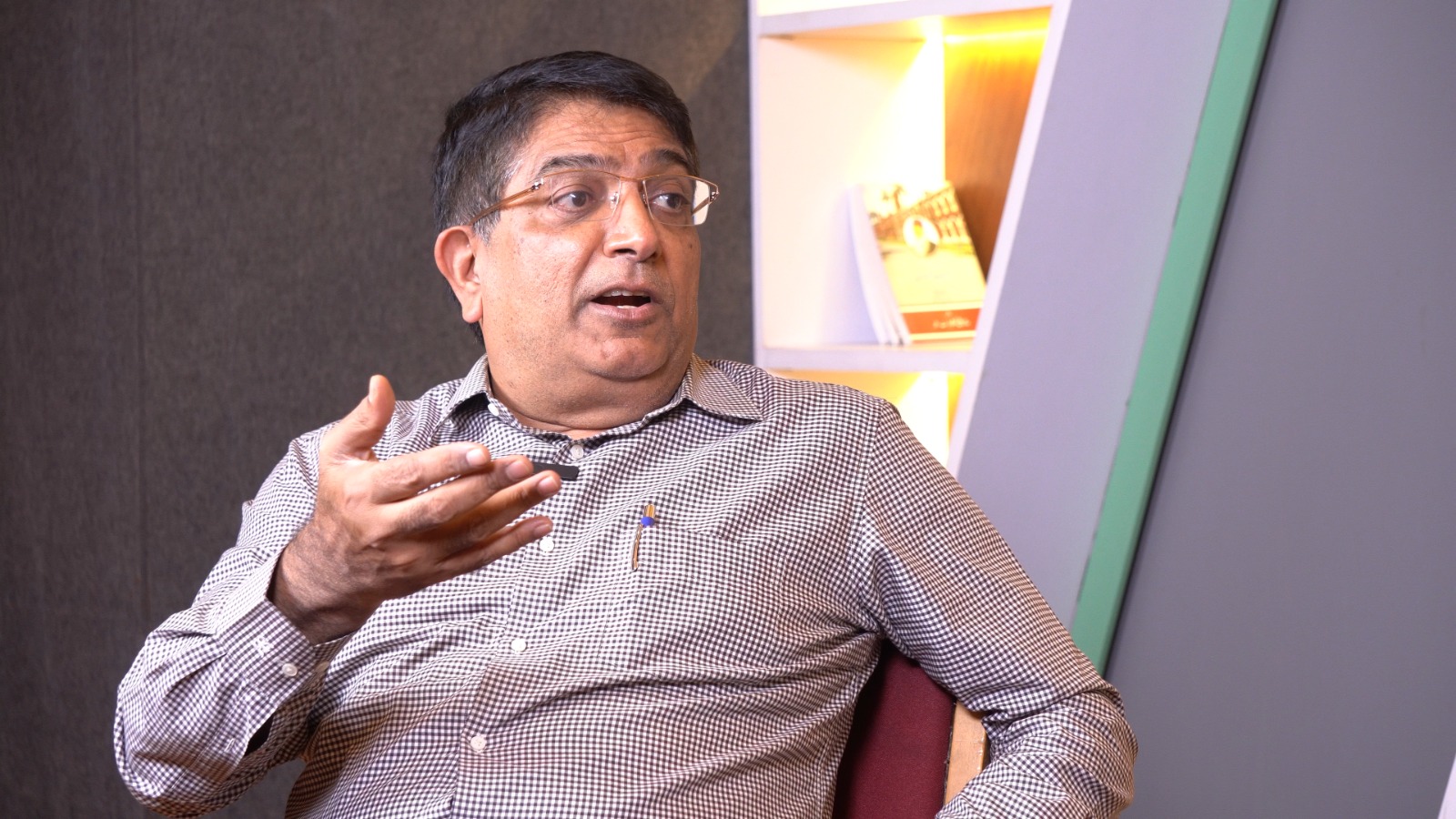
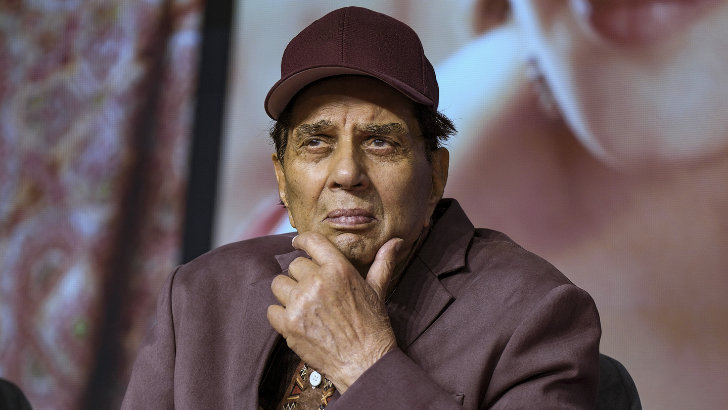
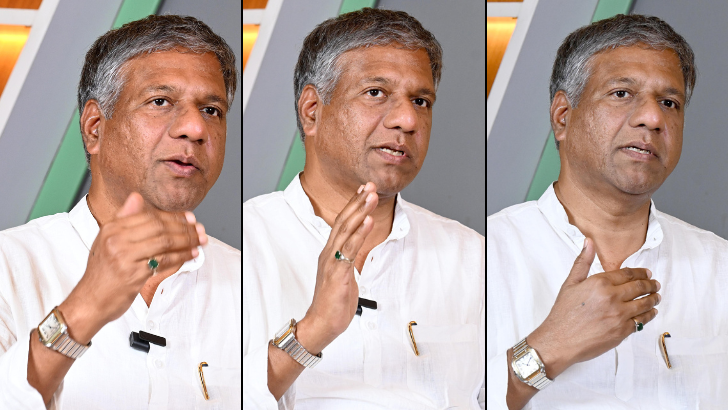
.png)
.png)
.png)
.png)

.jpg)
